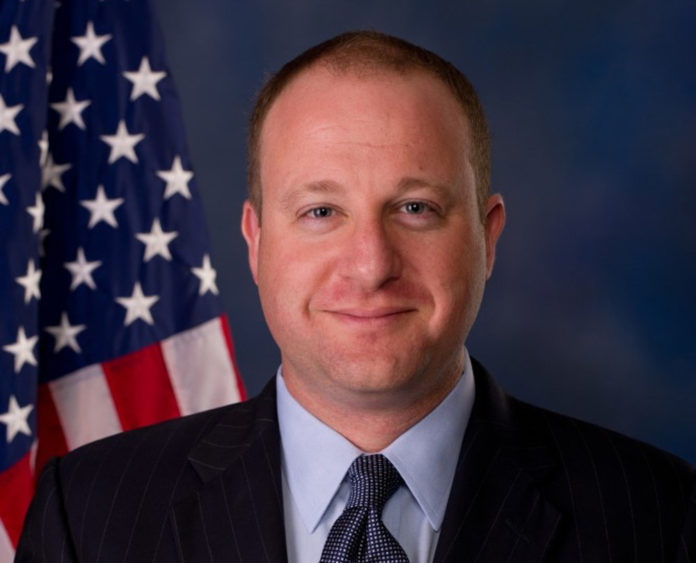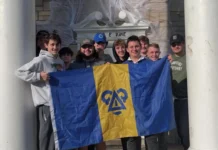Although best known for his nearly decade-long political career, Colorado Governor-elect Jared Polis ’96, was also an extremely engaged Princetonian, involved in everything from the Phi Gamma Delta Fraternity, Model Congress and Undergraduate Student Government (USG) to the Princeton Juggling Club and Jewish life on campus.
Polis, who has represented Colorado’s second congressional district since 2009, is no stranger to the political arena, but he doesn’t underestimate the challenges his transition to the governor’s seat may bring.
“It’s the day-to-day executive responsibility for the state,” Polis told The Daily Princetonian. “Rather than being one of many lawmakers, we have to run the executive branch of government and really put people in place to run different state agencies and do a better job delivering on value to our constituents.”
This November saw many historic firsts, including the youngest woman, the first Muslim women, and the first Native American women elected to Congress.
Polis was among those to make history, becoming the first openly gay person to be elected governor in U.S. history.
“It breaks another barrier and it shows that who you are and who you love shouldn’t be a barrier to public service if that’s the career you choose,” Polis said. “Opportunities in public service are open to everybody regardless of your race or your gender or who you are or who you love.”
“I think we need people willing to be vulnerable and able to just be themselves in their lives and being very real people. That’s a style of politician that is needed generally and that is very much needed for the LGBT community,” said LGBT Center peer educator Nico Cooper ’21.
“It’s exciting for Colorado to have elected a gay individual, especially in light of the Masterpiece cakes thing that also happened in Colorado,” said Coloradan Stephanie Ward ’19, referencing a 2012 incident in which the owner of Masterpiece Cakeshop refused to bake a wedding cake for same-sex couple Charlie Craig and Daniel Mullins on the grounds that it would violate his Christian beliefs.
Although both the Colorado Civil Rights Commission and state courts ruled that the owner had violated the state’s anti-discrimination law, the Supreme Court reversed the Commission’s decision in a 7–2 decision on the grounds that the Commission had not employed religious neutrality.
The Colorado governor added that all of 2018’s historic firsts were important in helping to create a Congress that more accurately reflects the constituents they represent.
“Democracy functions best when our elected officials look like the people that they govern and so if we have a more diverse slate of elected officials, diverse in every aspect, geographically, economically, educationally, race, gender, I think that they’ll be more representative of the people as a whole,” he explained.
Polis added that his top priority is delivering on the campaign promises that got him elected.
“We want to save people money on healthcare and expand coverage, we want to give Coloradans access to full-day kindergarten instead of just half-day, and build out a one hundred percent renewable energy future for our state,” he said.
Like many other Democratic candidates this midterm election season, Polis vowed to stand up to President Trump’s repeated efforts to repeal the Affordable Care Act and protect people with preexisting conditions.
Polis also said that the people he met and things he learned during his time at the University remain an important part of his life today.
“I had a great educational experience and the friends and adventures I found along the way are still a part of my life. Some of my classmates came here to volunteer in the final days,” Polis said. “I look forward to reconnecting with the community here in Colorado.”























